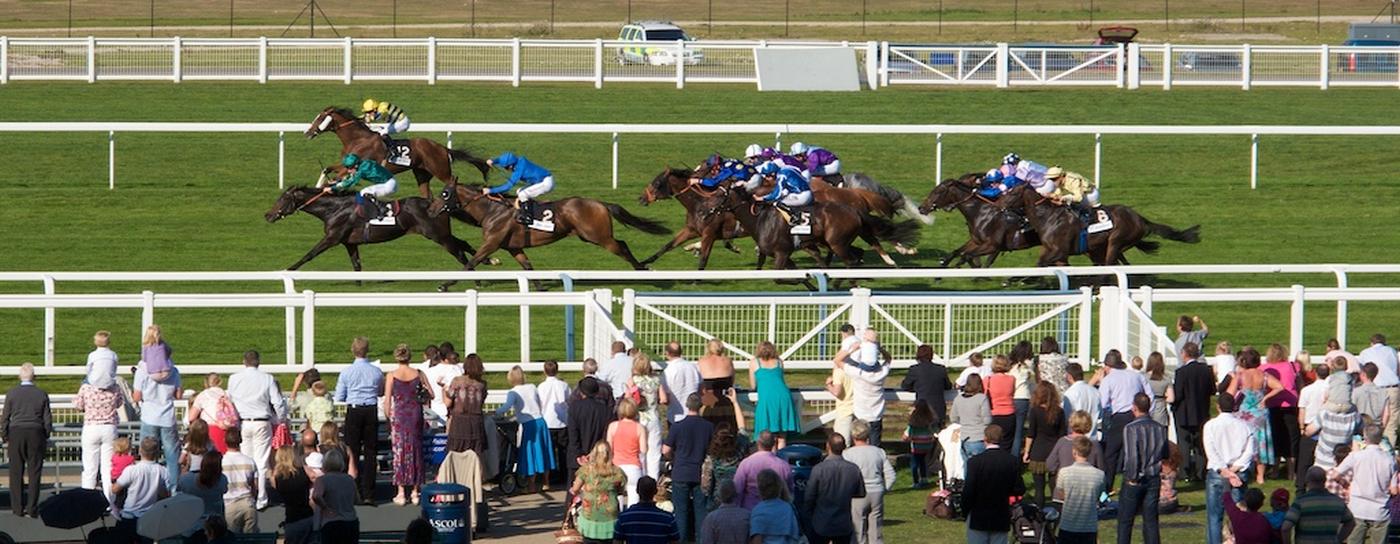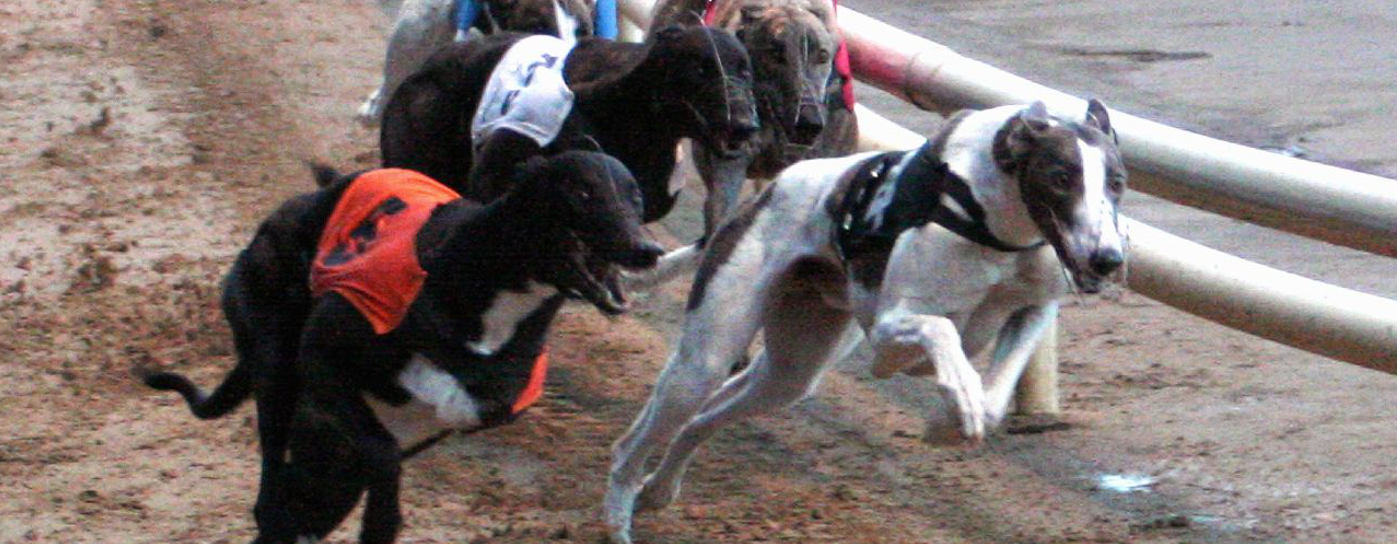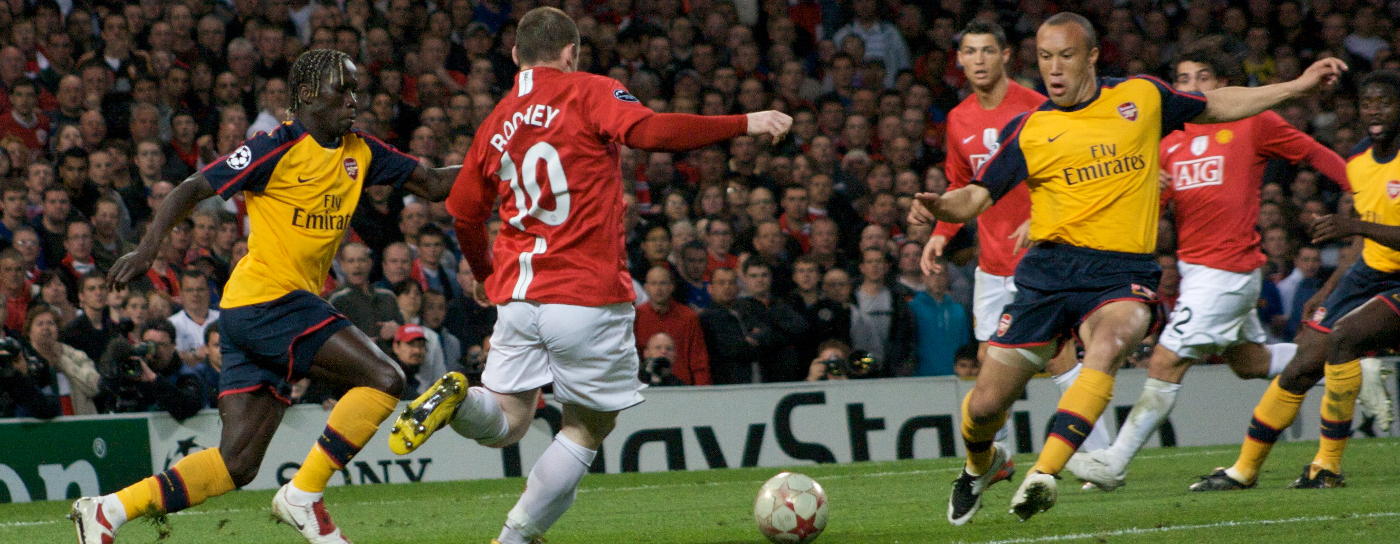
This week has seen plenty written about this topic and some falling out.
There’s a basic rule of business that some seem to be forgetting. Without people who bet on the Grand National it wouldn’t exist, therefore it’s a very dangerous precedent to set if you don’t put these people first.
Bet365, if you’re lucky enough to have a usable account, put their customers first last Saturday. Their customers could take a price on their horse at 3.00am or 9.00am, whatever on the day and the evening before. If the horse lost Bet365 gave their customers 50% of their stake back, plus if it won and it’s price was bigger the customer would have got the bigger price, i.e. more winnings. This is an amazing deal, but it’s a deal that few, if any other bookmakers could offer, because the mathematics doesn’t add up. Quite simply Bet365 used what is often an annual ‘cash-cow’ to recruit new customers and retain present customers.
Conversely, if you placed a bet on the same race at 5.14pm with any other bookmaker, on-course, online or in-shop you wouldn’t have got this refund and the well published over-round, the theoretical profit for the bookmaker was controversial, dependent on what you believe about ‘value’ and having a bet.
What needs making clear is; it’s not the customer’s or customer activist’s fault that this situation existed, but as is often the case with sports betting these people have been ‘given some stick’ for raising the discussion.
As an industry betting on sport is interesting, in that, many of the businesses who provide the service that enables this to happen regularly criticise their customers in public, frequently telling them they are right and their customer is wrong. This attitude would horrify business leaders in many other sectors. Anyone who dares to challenge a bookmaker’s practices or decisions is often met with poor service at best or an attack on their own integrity at worst. This attitude often leads to poor discussion when constructive discussion is needed.
The on-course bookmaker has been under pressure for years, but this isn’t the customer’s fault. This is primarily the fault of technology that has enabled off-course competition and racecourses regularly increasing overheads for the on-course bookmaker.
J4P’s experience over the last 3-4 years would suggest that the customer is far more likely to get a civil and transparent service from an on-course bookmaker than betting elsewhere. Some betting shops certainly come close and if you ‘play the game’ politely online and lose, you will receive a good service. This situation is a little like some peoples’ views about a ‘low cost’ airline compared to Singapore airlines. On the surface one is worse ‘value’ as it costs more, but you are likely to get a better service, are less likely to be caught out by unclear business ‘practices’ and will probably be treated like your custom is really appreciated.
Thankfully, J4P knows nothing about the Starting Price Regulatory Commission (SPRC); we have enough to do with the other secretive regulators we have discussions without adding another. J4P would never claim to be ‘experts’ about SP, except the fact that an SP of 110% is better ‘value’ for the customer than 115%. We know nothing about the service costs that affect what ‘value’ can be offered, however it’s important for all people involved in horse racing and betting to recognise that those costs are ultimately paid by customers.
Another thing we certainly know is that not putting the customer first is poor business practice, so when this gets challenged the best way to approach any criticism, be it fair or unfair, is constructive discussions with the people who enable a business to survive and thrive. This is something bookmakers and those in horse racing need to remember or other leisure activities will take your customers. Because businesses have survived for hundreds of years it doesn’t mean they have the right to survive forever. Ask the sons and daughters of textile, coal and steel barons.








